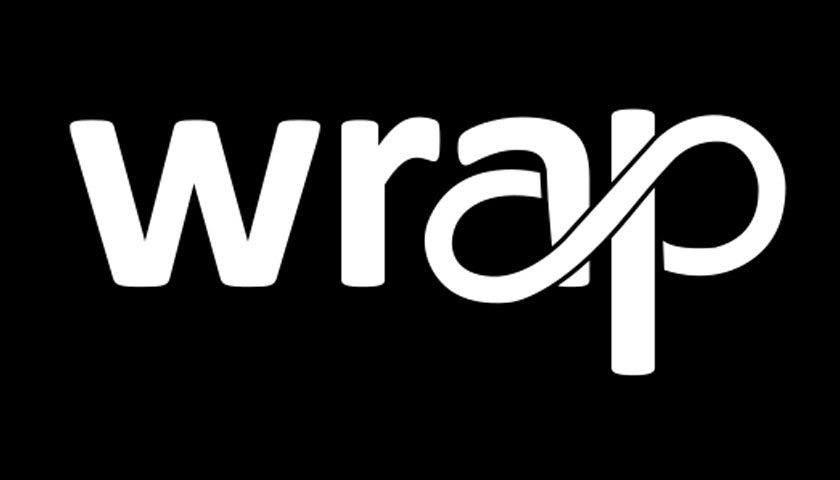WRAP is pleased to announce that four schemes have won grants totalling nearly £1m as part of a UK Research and Innovation (UKRI) competition to find innovative solutions to plastic waste. The winning entrants to the UK Circular Plastics Flagship Projects competition demonstrated creative business ideas to reduce the environmental impacts of plastic and improve plastics recycling.
The competition is part of the £20 million Plastic Research and Innovation Fund (PRIF), managed on behalf of UKRI by the Engineering and Physical Sciences Research Council (EPSRC) and Innovate UK, with delivery by WRAP. The schemes entered for the competition had to be the result of collaboration between different groups, organisations or individuals and completely new and untried in the UK.
Peter Maddox, Director, WRAP UK said:
“We have been very impressed with the diverse range of inventive and creative solutions submitted to the competition. The four winning projects will make a significant contribution to reducing the harmful effects of plastic on the environment, as well as increasing the amount that can be recycled.”
Professor Sir Duncan Wingham, the Executive Chair of the Natural Environment Research Council, part of UKRI, said:
“Plastic pollution is extremely damaging to our natural environment and a major issue for society. UKRI is funding a broad range of research that can contribute to solving the problem. These successful proposals offer exciting, innovative ideas that could help us recycle plastic and reduce waste.”
The four winning projects, all now up and running, are highlighted with a summary below:
Impact Solutions and Scottish Plastic Recycling Centre of Excellence
Impact has developed a new recycling technology, PolyChrome, that can remove colour and additives from polyethylene (PE) and polypropylene (PP) plastic while also preparing it for end users. Polychrome builds on Impact’s existing separation system and aims to use this technology to develop a scalable and commercially viable system. This project will enable the technology to be used in a demonstration unit, while performing the techno-economic evaluation that will feed into the design of a full-scale prototype/pilot system. £229,525 awarded
Luxus and the Technology Research Centre (TRC)
The aim of this collaborative project is to optimise material / packaging formulation, using an algorithm that data searches the best method to use recycled materials and improve cost-efficiency. It uses Artificial Intelligence (AI) and machine learning to create a predictive model to produce a cost-optimised suite of formulations for complex polymer compounds to an order-book of batch-specifications, using variable input raw materials and a range of additives. £255,730 awarded
Unilever and University of Liverpool
This project aims to develop a novel packaging solution for the Domestos brand bleach product that includes a higher percentage (>70%) of post-consumer recycled (PCR) plastic in [High density polyethylene ] (HDPE) bottles. This is an ambitious project that has potential to pave the way for other products in the home care category and other branches (professional cleaning, drain openers and other products where the formulations are made up of corrosive/oxidative substances). This pilot project builds on a programme of research and experiments completed by Unilever and partners to date to date. £128,417 awarded
Technology Research Centre (TRC) and RPC Containers Ltd
An innovative, contaminated film separation technique to achieve full recovery of polyethylene, polypropylene, polyethylene terephthalate and aluminium from multi-layered packaging waste (including film, semi-rigid trays, cups and tubs). The project will develop a pilot-scale system and will aim to process 15,000 tonnes of plastic within its first year post project, with plans to expand this further after the initial pilot. £307,030 awarded.
As part of the same grant scheme, WRAP will soon announce a new fund for projects to help unlock the logistical barriers within supply chains to commercial scale refill systems.

